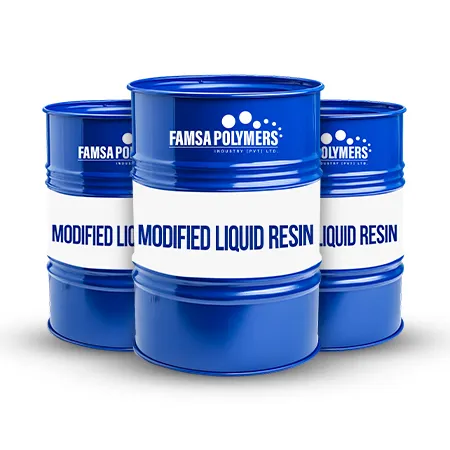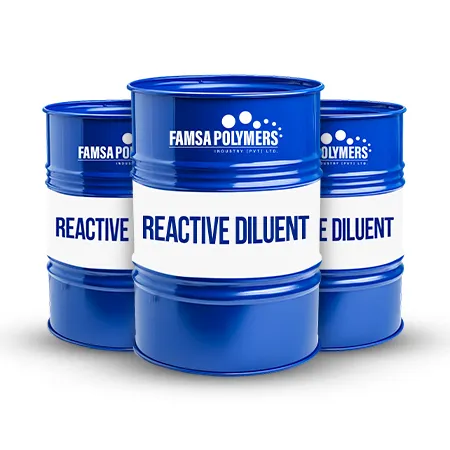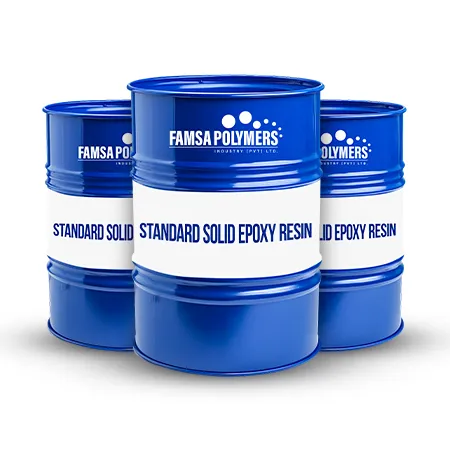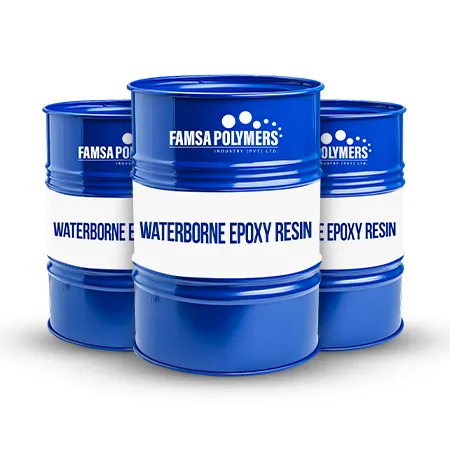Smooth, chemical-resistant flooring systems for industrial and commercial spaces.




Since 1988, Famsa Polymers Industries Pvt Ltd has been a pioneer in Epoxy Flooring in Pakistan. With decades of expertise and state- of-the-art manufacturing facilities, we manufacture a wide range of epoxy floorings and coatings that meet the evolving needs of industrial, commercial, and residential environments. Whether upgrading a factory floor, modernizing an office, or enhancing a home interior, our epoxy floor coating solutions offer unmatched durability, elegance, and performance.
Epoxy floor coating is created by combining epoxy resin with a hardener, forming a tough, adaptable solution suitable for various surfaces. Our coatings are available in various colors and finishes, making them perfect for those who demand style and substance. Delivering high-quality epoxy flooring in Pakistan is more than our mission. It’s our legacy. Our production process integrates strict quality controls at every stage to ensure long-lasting results. From impact resistance to chemical tolerance, our flooring systems are built to endure the daily demands of any space.
Our years of dedication to the epoxy floorings and coatings industry have allowed us to fine-tune our products for performance and aesthetics. At Famsa, we’re committed to offering top-tier quality epoxy flooring at a competitive price in epoxy flooring price in Pakistan.
Certified and trusted, our solutions go beyond industry standards to deliver flooring systems that are tough, reliable, and visually appealing. Clients across Pakistan rely on us for flooring that stands the test of time without compromising on design.
We provide a comprehensive portfolio of epoxy floorings and coatings, each designed to meet the specific requirements of your project:
Our flooring solutions are ideal for factories, warehouses, hospitals, malls, offices, and even residential homes delivering beauty with strength.
As one of Pakistan's leading epoxy flooring manufacturers, we understand that flooring is more than just a surface. It’s a long-term solution. Our products are known for their high durability, resistance to wear and chemicals, and smooth, modern finish. Whether for heavy-duty industrial applications or stylish interior design, Famsa Polymers’ epoxy floor coating solutions are the go-to choice for professionals across Pakistan.
We bring years of expertise and a strong focus on customer satisfaction to deliver products you can trust. As one of the best epoxy flooring manufacturers in Pakistan, we’re here to help you upgrade your space with reliable and visually striking solutions. Contact us today to discuss how our epoxy flooring solutions can upgrade your space—reach out via phone, email, or our website, and let’s create something remarkable together!